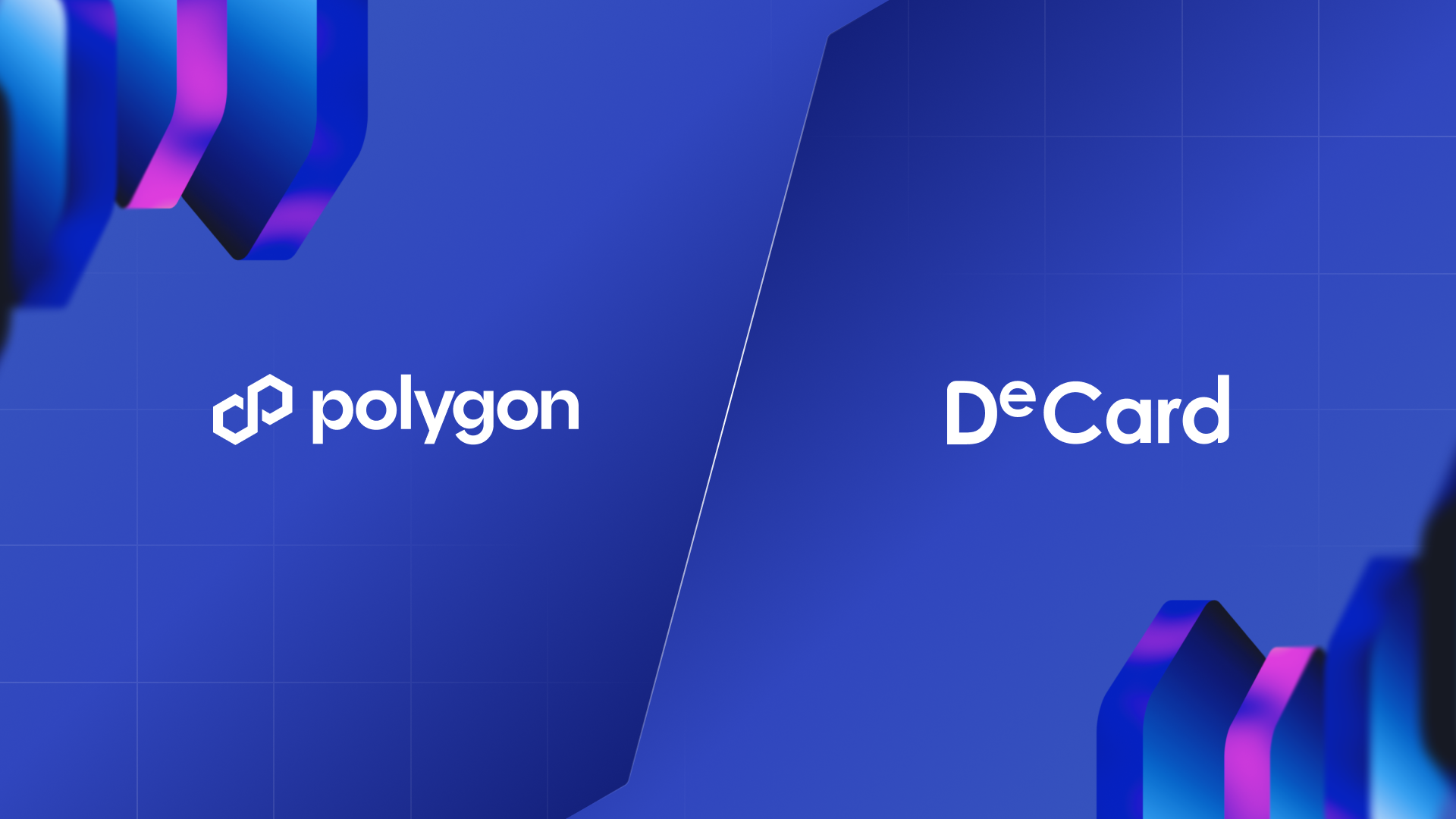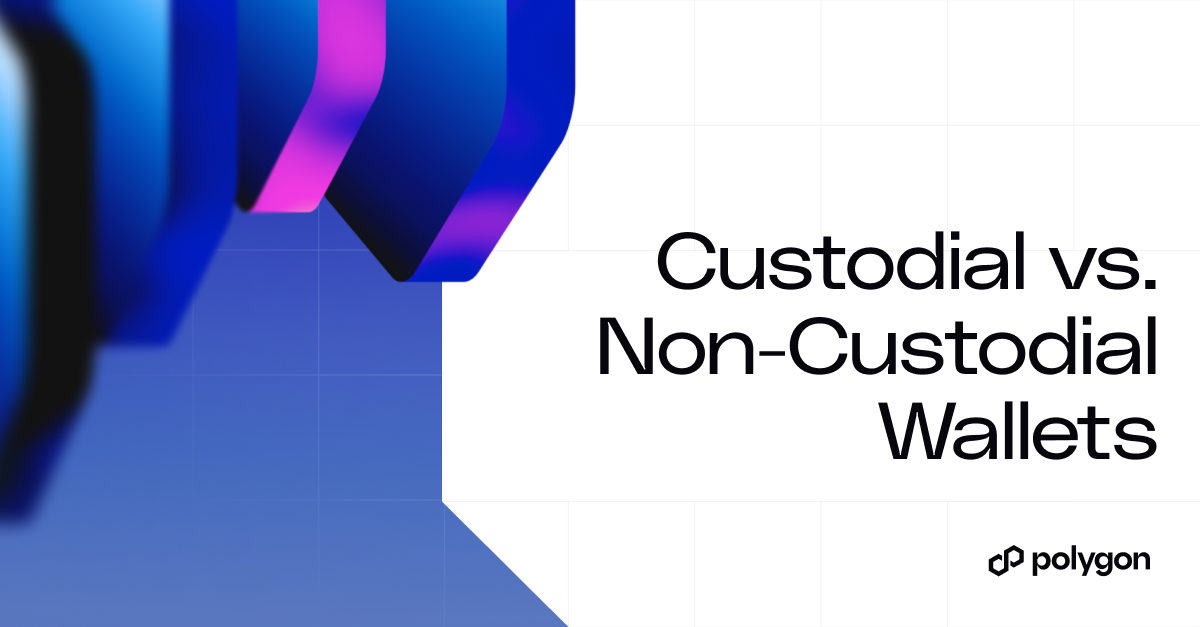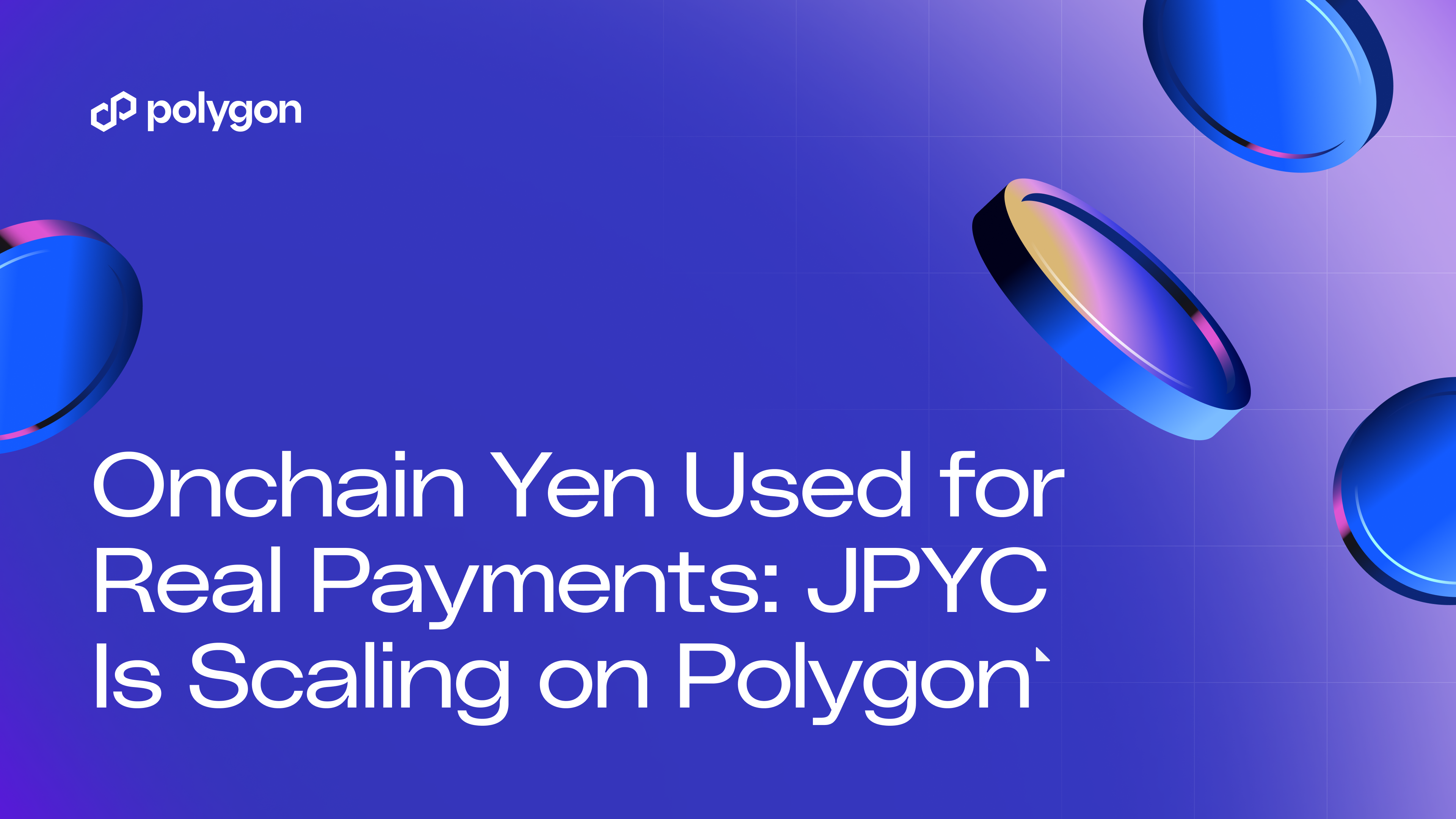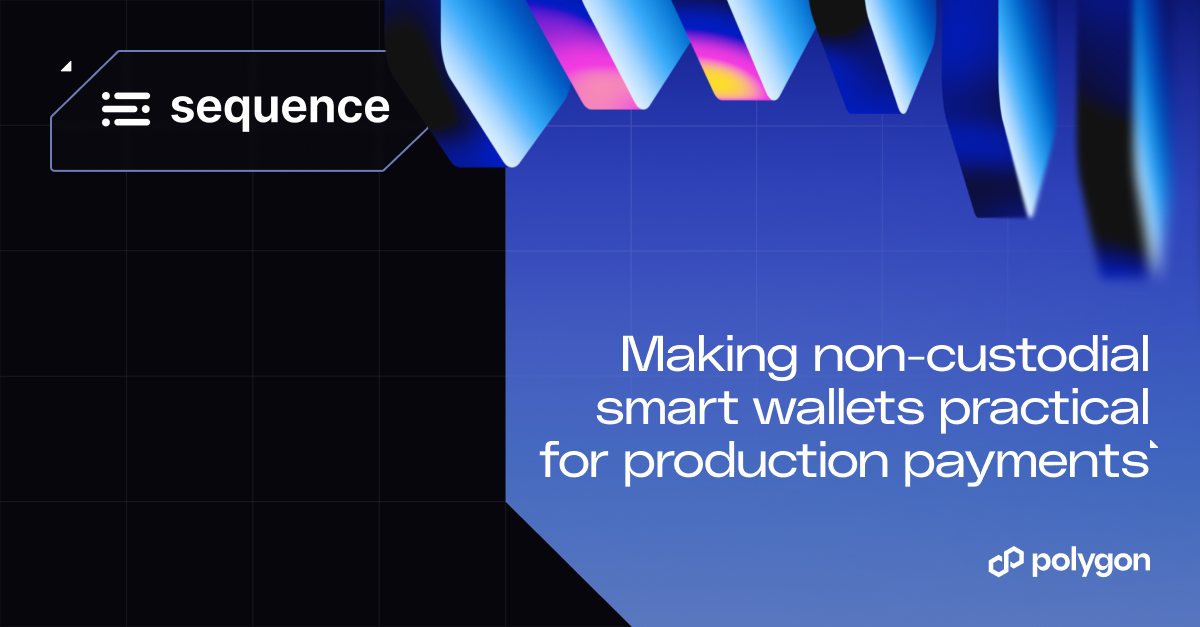How Real Time Data Infra Powers DePIN on Polygon: A Guide by Streamr
Infrastructure needs infrastructure. Collaboration is key for Web3 technical success.

Building decentralized physical infrastructure networks (DePIN) is challenging.
Without a centralized entity, there are many design decisions that need to be made to ensure scalable, cost-effective, and secure decentralized systems—and even more infrastructure required for DePIN projects to thrive.
Streamr Network focuses on serverless data broadcasting. Integrated on Polygon Proof-of-Stake (PoS) network, it addresses core DePIN challenges by offering a decentralized real-time data protocol optimized for interoperability and efficiency.
With a collaborative approach, Streamr operates from the belief that DePIN can actually be superior to centralized alternatives, provided the infrastructure is robust enough to support a thriving DePIN future.
To make this concrete, let’s explore how three important DePIN projects—DIMO, RedStone, and Arkreen— have integrated Streamr Network into their tech stacks, operating as part of the broader DePIN community across the Polygon landscape.
By broadcasting real-time data using Streamr Network, these projects demonstrate the mutual value of decentralized collaboration.
What is Streamr?
Streamr is designed to be the real-time data backbone of the decentralized web. The protocol is open for builders to create tools, establish businesses, publish and subscribe to data streams, and integrate Streamr wherever a serverless information pipeline is needed.
The core Streamr Network smart contracts are hosted on Polygon PoS, which stores stream metadata and access control settings, distributes rewards, and more. The reasons Streamr Network lives on Polygon PoS are many:
- Fast
- Low-cost
- A DePIN powerhouse; and
- An aggregated future.
At a time when chain and liquidity fragmentation plagues the blockchain landscape, that same fragmentation has consequences for real-time decentralized data streaming.
In a future where Polygon PoS is expected to be plugged into the AggLayer (a web of sovereign, interoperable chains that feels like a single one), Streamr can play a big part in ensuring fast, secure real-time data streams for the entire network of aggregated chains.
And it begins with Streamr on Polygon PoS.
So what are some projects currently leveraging Streamr Network for their use cases?
DIMO, streaming real-time driving data with Streamr’s help, on Polygon PoS
DIMO is a Polygon-based DePIN project that connects vehicle data through a hardware device plugged into a car. This enables drivers to share and monetize mobility data. That data can be broadcast in real-time to stakeholders like car manufacturers, fleet operators, insurance companies, and other road users. Most importantly, the data is controlled by its producers—the drivers—who can choose how to share and monetize their data.
This ensures seamless data flow with opt-in sovereignty, enabling the creation of value-added applications.
DIMO's integration with the Streamr Network is pivotal to its operation. Each vehicle becomes a publish/subscribe node within a larger data-sharing network. Streamr’s serverless design allows real-time transmission across the DIMO network without involving middlemen data brokers.
By leveraging Streamr, DIMO ensures driver-generated data flows in a secure and trust-free manner.
RedStone, a next-gen oracle
RedStone is a next generation oracle that focuses on long tail and custom data, unlocking new opportunities for DePIN and DeFi with over a thousand crypto and real world assets already supported.
RedStone stores data off-chain and validates it on-chain only when a transaction is triggered. This is a unique approach to data storage that allows data to be sourced to any EVM-compatible chain, including Polygon PoS, thanks to the RedStone EVM-connector.
Oracles are a great example of a service that benefits from a serverless network like Streamr, offering cryptographically signed and verifiable data transmission.
Streamr provides the data transport layer to RedStone, propagating real world data through their oracle platform. So RedStone nodes include a price requester module that fetches signed data from the Streamr Network and attaches it to meta-transactions before submitting them on-chain.
When a user needs to consume data, RedStone smart contracts extract the signed data with a timestamp, verify it, and pass it to the target DeFi contract. Streamr Nodes store data for a short period of time and allow the data to stay off-chain when it’s not needed. Ultimately, this saves gas and preserves decentralization and security. An intermittent on-chain/off-chain commitment scheme like this eliminates the need to push data to the blockchain regularly, making the process more efficient and cost-effective.
RedStone oracle payloads are broadcast in real-time across stream overlay networks, on Streamr. These distributions are incentivized and secured by Streamr’s proof-of-relay technology.
As dApps and services become more complex, and demands for real-time data availability increase, it’s even more critical to maintain a robust and scalable messaging infrastructure, with implications for dApps across verticals like DePIN, P2P video streaming, or AI.
Arkreen, a green-energy DePIN
Arkreen is a green-energy-focused DePIN leveraging Polygon PoSarchitecture to connect and reward renewable energy initiatives. Verifiable green certificates and token rewards are supplied to authentic contributors, aligning individuals and communities towards carbon-neutrality by quantifying and incentivizing green actions. This approach enables on-chain validation of environmentally friendly work.
Arkreen uses the Streamr SDK to seamlessly publish and subscribe to smart-power plug-miner messages, which are integral to the DePIN application. These messages can be stored on the Streamr Hub, providing users with a real-time and transparent way to share and access data from their renewable energy resources.
By integrating with Streamr, Arkreen is able to provide users with a steady and transparent stream of green data that aligns with and promotes sustainable practices.
Polygon PoS enhances the Arkreen DePIN by facilitating faster transactions and reduced gas fees, which are crucial for managing the extensive data throughput required in environmental monitoring and green asset trading.
This collaborative approach has advanced the decentralized collection of Internet of Things (IoT) data within DePIN applications, ensuring that information related to renewable energy resources is collected, shared, and utilized in a transparent and secure manner.
Together, Arkreen, Streamr, and Polygon PoS provide a robust data and infrastructure model for Web3-driven climate action. DePIN's distributed promise is preserved, creating an effective data delivery network rooted in transparency and practical efficiency—essential principles to enable stakeholders to make informed decisions for a sustainable future.
Integrate Streamr into your project on Polygon PoS
Any use case that requires live-flowing data can leverage Streamr to stream that data anywhere, using peer-to-peer technology.
There are two main ways to integrate with Streamr:
- The protocol implementation natively targets NodeJS and browser based environments. Developers can simply import the SDK from NPM which will embed a Streamr Node right into their dApp, webpage, or web app.
- If a developer is writing in Rust, GO, Python or anything else, then the integration path is to run a Streamer Node as a separate process from the application and interface with that node from your application over interface protocols such as HTTP, WebSocket, or MQTT.
If you’d like to learn more about integrating Streamr, reach out to the team through their Discord server—especially if you’re a Polygon project! That could mean any Polygon CDK chains actively being developed, or projects deploying on Polygon PoS or Polygon zkEVM.
And if you're a developer and have an idea for something cool to build with Streamr, then you can apply to the Data Fund to receive a grant.
Discover Streamr: https://streamr.network/
Follow Streamr updates: https://x.com/streamr
* * *
Thanks for reading this guest post by Tom Hamilton, Head of Community and Content at Streamr Network – they’re helping build the DePIN future on Polygon protocols, alongside the projects highlighted above: DIMO, RedStone, and Arkreen.
Tune into the blog and our social channels to keep up with updates about Polygon.
The future of Web3 is aggregated.
Website | Twitter | Forum | Telegram | Discord | Instagram | LinkedIn | Polygon Knowledge Layer


.png)




.png)
%20(1).png)
.png)



.jpg)
.jpg)
.png)
